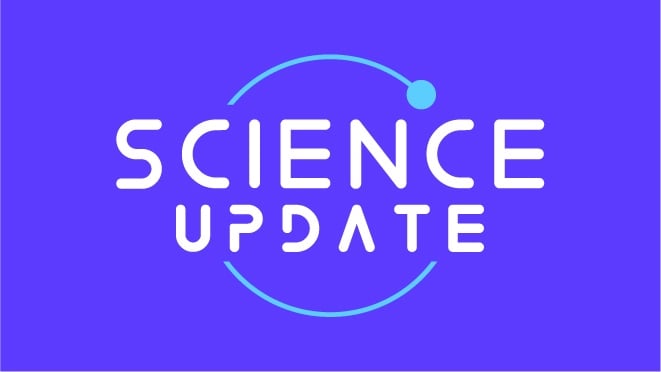Archive: Strategies on Applying for a Science Teaching Position, November 17, 2025
Preservice educators and those wanting to transition into education from a different career have tools and experiences that are directly applicable to the classroom. This session will discuss strategies to turn those experiences into a powerful resume when applying for a science teaching position in a K-12 setting. The presenters will also share ways a professional association, like NSTA, can help candidates with their job search.
Preservice educators and those wanting to transition into education from a different career have tools and experiences that are directly applicable to the classroom. This session will discuss strategies to turn those experiences into a powerful resume when applying for a science teaching position in a K-12 setting. The presenters will also share ways a professional association, like NSTA, can help candidates with their job search.
Preservice educators and those wanting to transition into education from a different career have tools and experiences that are directly applicable to the classroom. This session will discuss strategies to turn those experiences into a powerful resume when applying for a science teaching position in a K-12 setting. The presenters will also share ways a professional association, like NSTA, can help candidates with their job search.
Preservice educators and those wanting to transition into education from a different career have tools and experiences that are directly applicable to the classroom. This session will discuss strategies to turn those experiences into a powerful resume when applying for a science teaching position in a K-12 setting. The presenters will also share ways a professional association, like NSTA, can help candidates with their job search.








 Critical minerals have been all over the news lately. While we may be familiar with the mining of copper, coal, and gold, emerging resources like lithium, rare earth elements, cobalt, and more have driven the search for a new generation of critical minerals for a sustainable future. As we celebrate Earth Week, we will learn what these key resources are used for, where they can be found, and co
Critical minerals have been all over the news lately. While we may be familiar with the mining of copper, coal, and gold, emerging resources like lithium, rare earth elements, cobalt, and more have driven the search for a new generation of critical minerals for a sustainable future. As we celebrate Earth Week, we will learn what these key resources are used for, where they can be found, and co